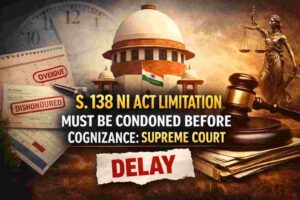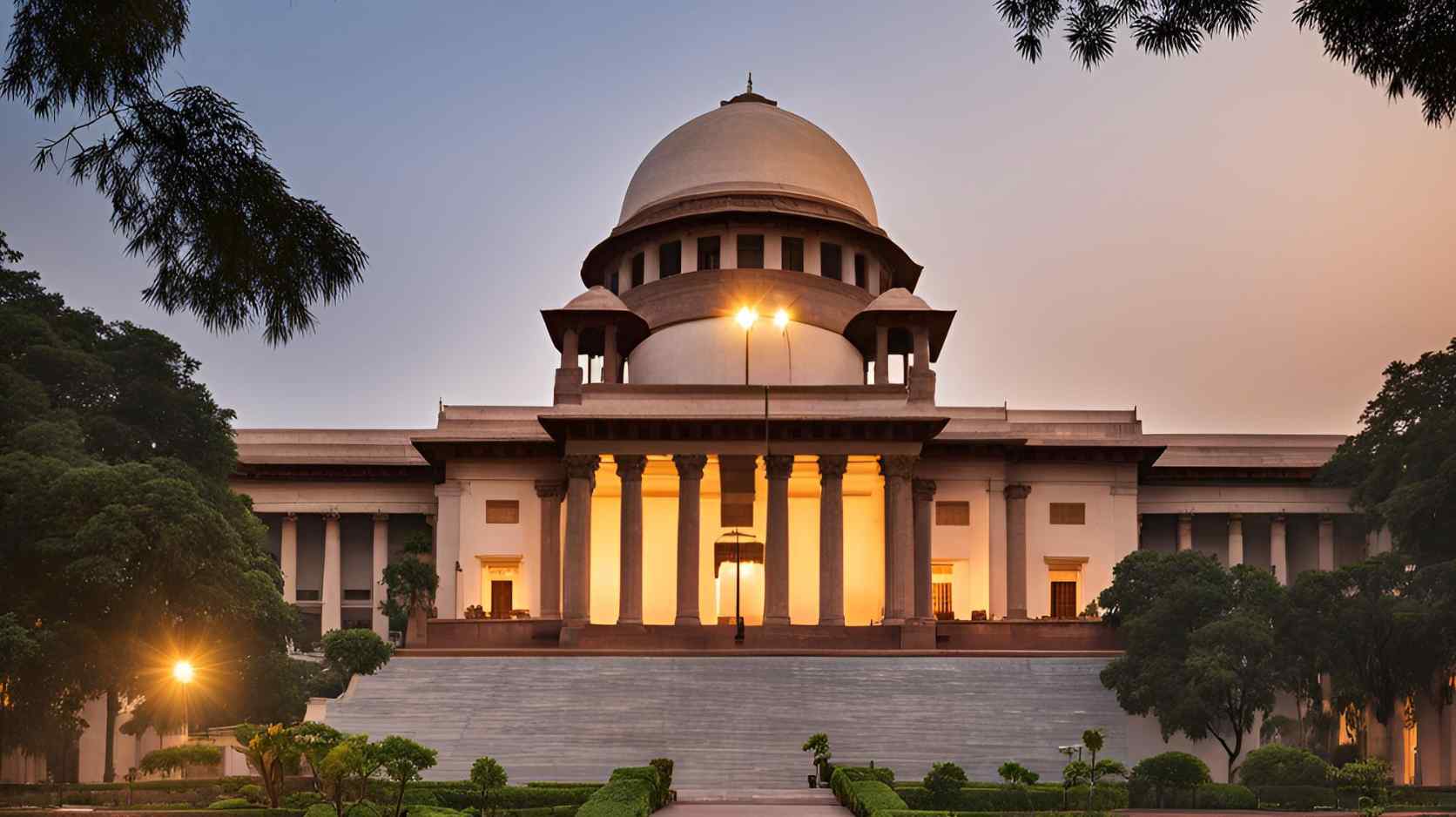The Supreme Court of India has dismissed a petition challenging the constitutionality of the anti-defection law under the Tenth Schedule.
The decision, delivered by a bench comprising Chief Justice of India (CJI) DY Chandrachud, Justice JB Pardiwala, and Justice Manoj Misra, reaffirmed the legal framework established by the 52nd constitutional amendment, which was designed to prevent lawmakers from switching political parties after being elected.
The Tenth Schedule explicitly disqualifies a Member of Parliament (MP) or a State Legislature if they defect from the party on whose ticket they were elected.
The ruling comes in the wake of growing concerns about political instability caused by frequent party-switching, which can undermine the democratic process.
During the proceedings, CJI Chandrachud noted that the anti-defection law was introduced to combat the “evil” of political defection, underscoring that allowing lawmakers to switch parties without consequences would pose serious ramifications for governance.
“How could they have dealt with an issue of defection without this?” he remarked, emphasizing the importance of maintaining integrity within parliamentary democracy.
The legal foundation for the Tenth Schedule was established in the landmark case Kihoto Hollohan v. Zachillhu And Others in 1992, where the Supreme Court upheld its validity.
The bench explained that a three-judge panel cannot re-evaluate what has already been decided by a larger Constitution Bench.
“The provisions are salutary and are intended to strengthen the fabric of Indian Parliamentary democracy by curbing unprincipled and unethical political defections,” the earlier ruling stated.
One of the specific grounds for disqualification under the Tenth Schedule stipulates that lawmakers can be disqualified if they vote or abstain from voting contrary to their party’s directive without obtaining prior permission.
This provision aims to ensure party discipline and uphold the mandate given by voters at the time of elections.
CJI Chandrachud’s remarks reflect a broader understanding of the challenges facing India’s political landscape.
He argued that the constitutional amendment was essential in ensuring that representatives remain accountable to the party they pledged to serve, thus reinforcing the relationship between voters and their elected officials.
This ruling sends a strong message about the commitment to uphold democratic principles. The court’s decision to uphold the anti-defection law significantly affirms the legal mechanisms designed to preserve political integrity and accountability.
This development has garnered attention from various political factions, as the implications of the anti-defection law resonate throughout the political spectrum.
While some view the law as a necessary safeguard against opportunistic defections, others argue it could stifle individual political agency.
- Bench Details: Chief Justice DY Chandrachud, Justices JB Pardiwala, Manoj Misra
- Parties Involved: Petitioners challenging the anti-defection law, Indian Parliament















